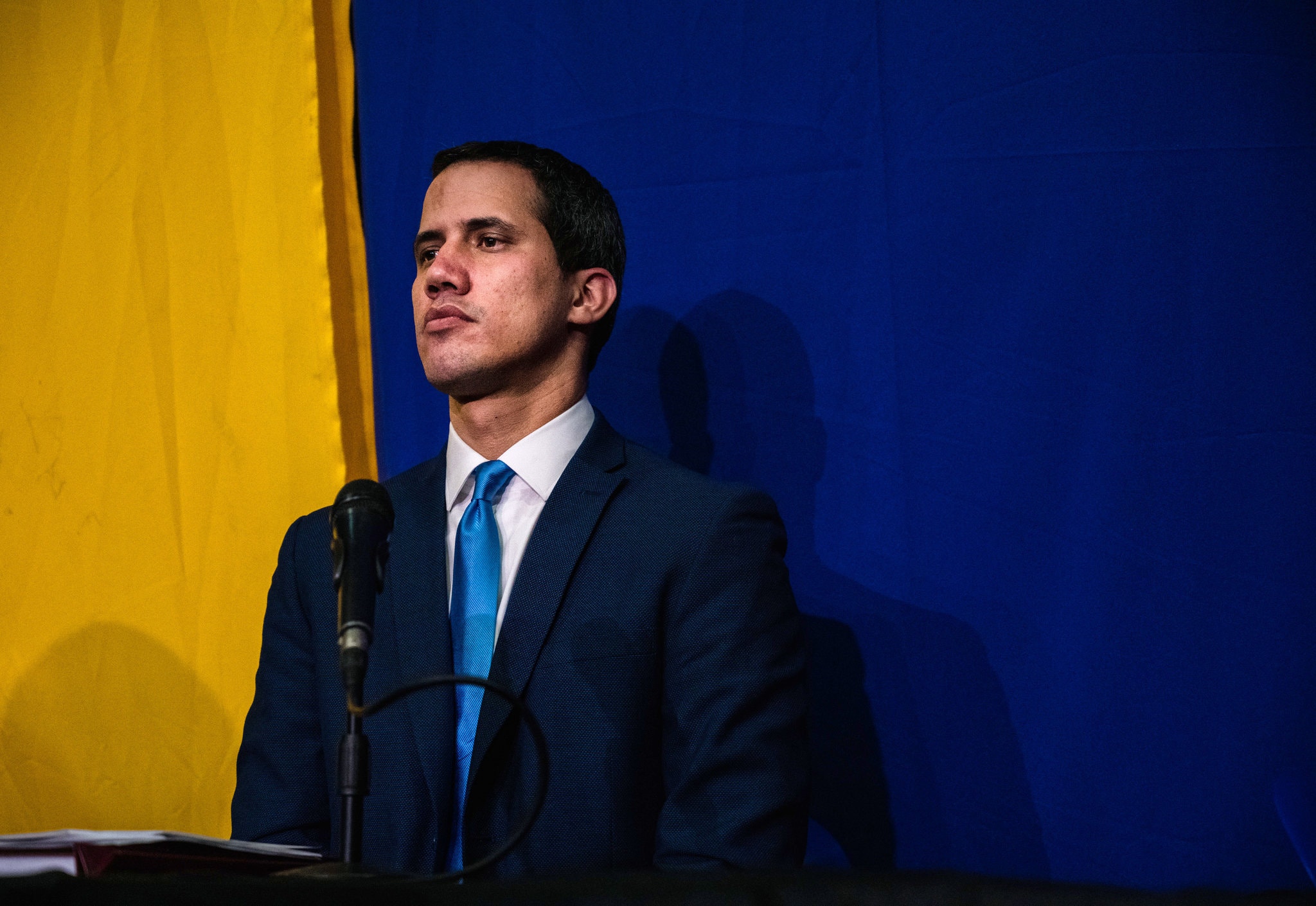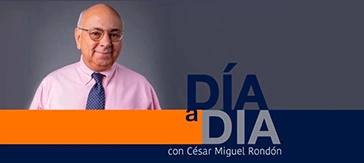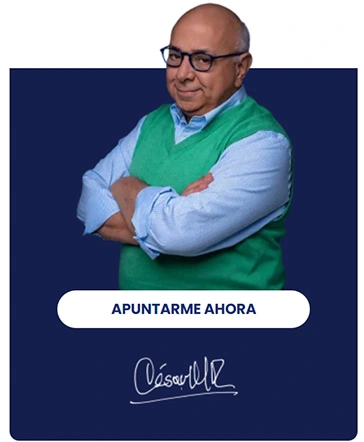Publicado en: The New York Times
Por: Michael Penfold
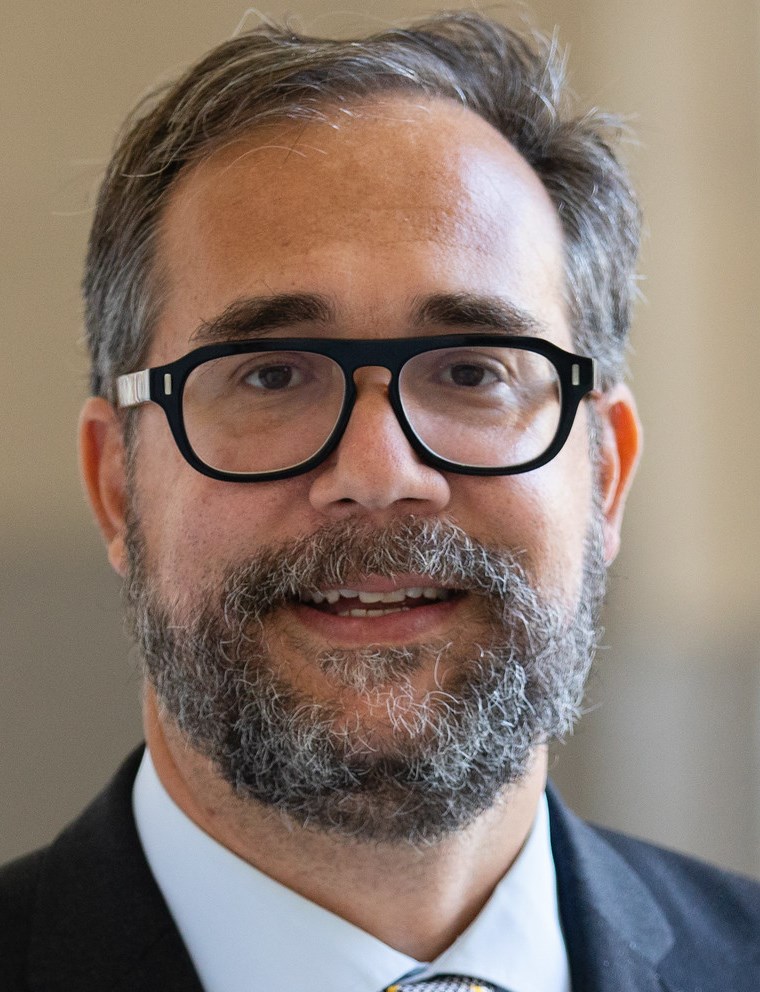
Juan Guaidó should harness his renewed international support to obtain electoral conditions that lead to free and fair elections.
On Jan. 5, Juan Guaidó was expected to be re-elected as the head of Venezuela’s National Assembly, which is the only democratic and internationally recognized institution left in the country. Instead, allies of President Nicolás Maduro staged a fake speaker election with his allies to oust him. That is why Mr. Guaidó’s climbing the building’s iron gates after being barred entry by a human barricade of National Guard members was nothing short of heroic.
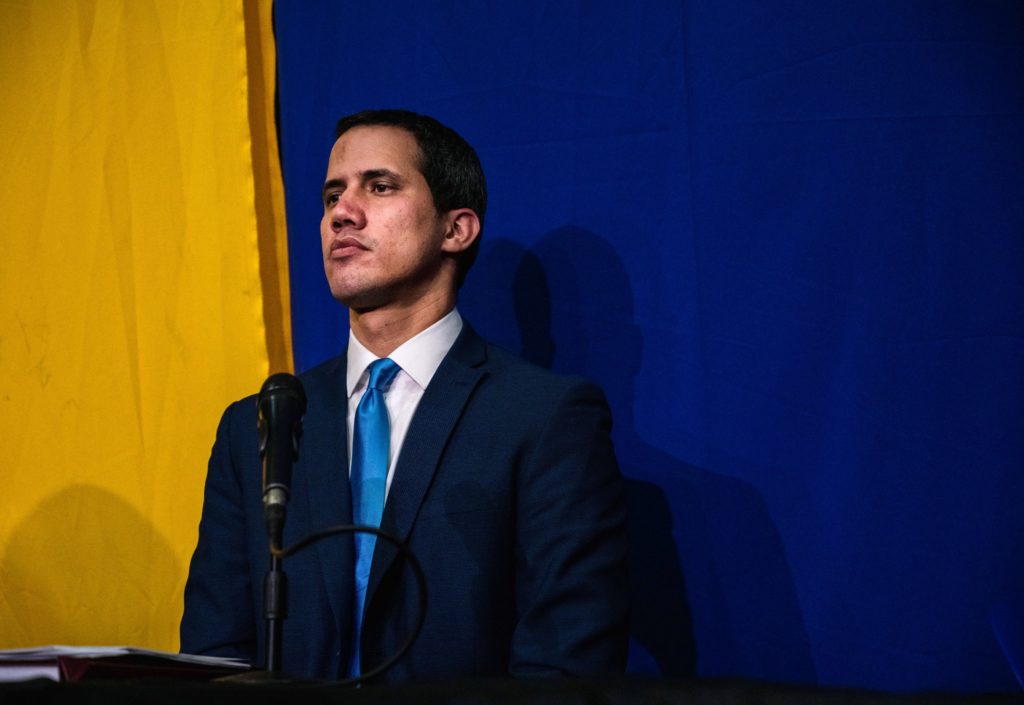
Cortesía: Adriana Loureiro Fernandez
Mr. Guaidó, who was elected president of the assembly a year ago and is recognized as Venezuela’s interim president by 60 countries, remains powerless despite overwhelming international and domestic support. But the most striking aspect of Mr. Guaidó’s precarious balancing act atop the gates of the legislative palace is the realization that the opposition is closest to attaining political change when it remains defiant, but within the limitations established by the Venezuelan Constitution. In the past when the opposition has explored riskier and less democratic alternative paths to precipitate a political transition, the outcome has been elusive.
After he was blocked from entering the National Assembly’s building, Mr. Guaidó held a vote at the headquarters of the opposition-linked newspaper El Nacional, where he was ratified to his post by 100 out of 167 legislators. The roll call was carefully registered to abide by the rules established by Congress and the Constitution.
Yet momentum gained from those events could be short lived unless Mr. Guaidó harnesses the renewed international support to obtain electoral conditions that lead to an independent electoral council, legalizing opposition parties and removing political bans and thus allowing free and fair elections.
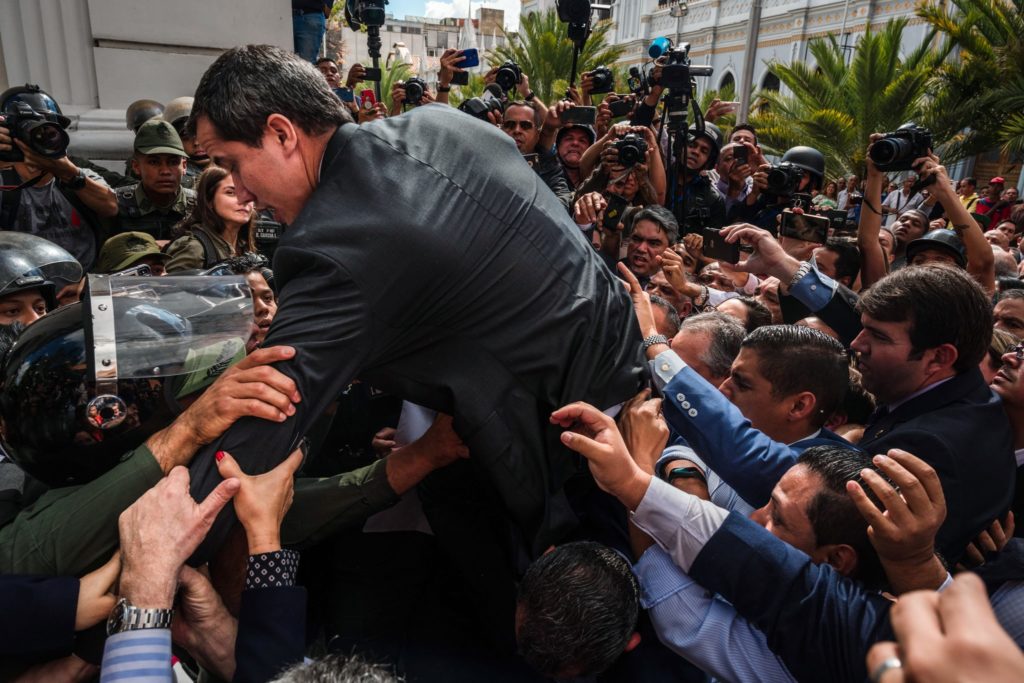
Cortesía: Adriana Loureiro Fernandez
Mr. Maduro has managed to remain in power largely because he has the support of Russia, India, Cuba, Turkey and China. He has also successfully created a large illegal shadow economy to bypass harsh international sanctions and defy the United States. However, it is increasingly obvious to his international allies that without the democratic legitimacy of the National Assembly, he is unable to govern. Without the National Assembly’s backing, he cannot legally restructure a dying oil industry nor transfer key public services that are broken to a loyal private sector.
While allies of the regime have been helping Mr. Maduro cling to power, they are also demanding to legally pass reforms through an internationally recognized Congress to opportunistically seize those assets. This is something that the regime cannot politically deliver, given the opposition’s strong control over the legislature. That is why Mr. Maduro is eager to dominate the parliament by any means.
Curiously, during the recent legislative crisis, only Russia openly supported Mr. Maduro. China, India and Turkey remained silent while more than a dozen countries that had not recognized Mr. Guaidó, including Mexico, protested Mr. Maduro’s undemocratic and violent conduct toward the legislature.
Taking advantage of the fact that the legislature’s period ends in the last quarter of this year, Mr. Maduro said in his annual address to the nation that he would welcome international observers from the European Union and the United Nations to a parliamentary election.
But the regime knows very well that Europe will demand more than just international observation, as reforms need to include an independent electoral council and a fixed schedule for both presidential and legislative elections. Otherwise, the likelihood that Europe will recognize the new parliament, without a free and fair election for the presidency, will be very low.
The military is a key element in the solution of this conundrum. Its officers, who control the most profitable business in the country, are afraid of a United States-engineered transition that will threaten their vested interests and undermine their control of the oil and mining sector, and have formed a cohesive bloc around Mr. Maduro.
Mr. Guaidó’s recent efforts to fracture the armed forces through diplomatic isolation and international sanctions and that way precipitate a government transition have failed. Negotiations mediated by Norway stalled, closing the path of a political resolution. The only chance left for the opposition to restore democracy is to vigorously negotiate conditions for coming elections. That goal demands realigning Europe and Latin America, and especially convincing the United States, which has mainly betted on sanctions to promote regime change, that this is the best way out of the stalemate.
The armed forces are unlikely to opt for a solution that forces them to pick sides or that leaves them politically exposed. A negotiated electoral solution that abides by the Constitution and that allows them to save face and play the role of enforcer to an internationally backed agreement might be the only alternative left for Venezuela.
Shifting political strategy will be a hard battle, just as maintaining control of the National Assembly this month entailed great effort and working in unison.
In the past, participating in elections that are mandated by the Constitution has mobilized people, rallied a fractured opposition around a common goal and pressured the military into backing the results. In the face of the world’s reaction to Mr. Maduro’s actions in the assembly, the opposition should change course.
Rather than working to increase international sanctions or hoping that political change can take place by some spontaneous combustion sparked by some fortuitous event, the Guaidó-led opposition need to align Europe, Latin America, United States, China and even Russia more closely behind a viable solution, instead of continuing to explore a transitional alternative aimed at regime change that remains unlikely.




